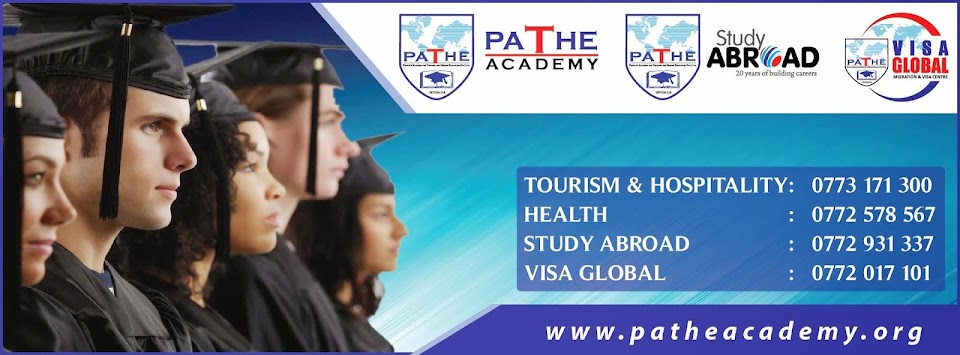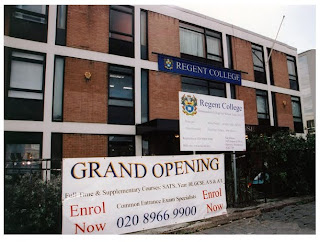ABE MANAGEMENT PROGRAMME - FROM PATHE ACADEMY
BM students acquire the key skills required for a career in business world, including accounting, marketing, planning and strategic managemnt. Students completing the advance diploma can expect to progress to roles in marketing management and general management. Students can also progress to the final stages of Bachelors degree or even onto MBS degree with relevant work experience
Human Resource Management (HRM)
As any employer knows, HM is a key function in an organization. Students of the ABE’s HRM programme develop skills to help themselves and their organization. Available up to the advance diploma level, students will be able to progress to the final stages of the Bachelors degree in many universities. Students Completing the advance diploma can expect to progress to roles including Training manager and HR manager.
Students acquire skills in two keys areas of modern business. The units give sufficient scope for career progression in both management and IT sector p there are units in areas as diverse as system analysis, quantitative methods and Business Law. Advance diploma students can expect to progress to roles including database manager and webmaster. Students can also progress to the final stages of Bachelors degree
ABE qualifications give you entry to the second and final years of bachelor degree programmes at universities around the world. With relevant work experience you can fast track to an MBA
The ABE route allows you to obtain an internationally recognized degree and save money
Take the quicker route to a degree with ABE
ABE qualification gives you the skills to make a real difference in the workplace, from finance and accounting to marketing and management to Human resources to Business computing
ABE qualification are recognized by colleges, universities, employers and ministries around the world
We are recognized as an awarding body by QCA, the UK
We have exemption arrangements with other professional bodies including ACCA, CIMA and BCS to save you time and recognize you previous qualifications
You can obtain your ABE qualification locally and you degree through distance learning
Study part-time or full time. Join a local college or opt for self study
Study materials for all programmes are available to download or order from ABE’s Website. ABE staff are ready to help you in UK





